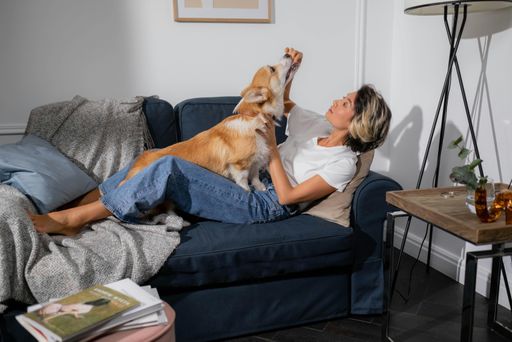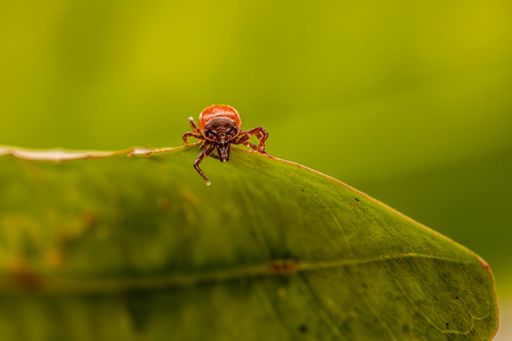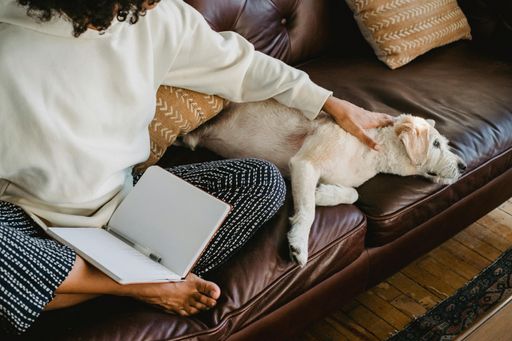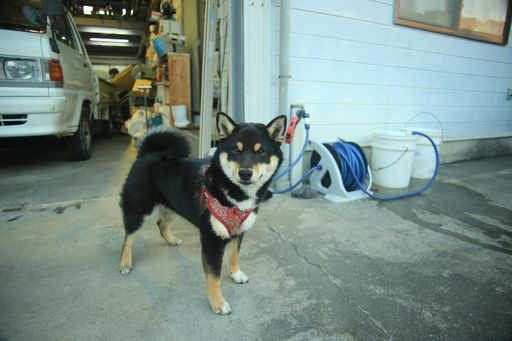Keeping your dog healthy involves more than just a good diet and proper exercise. An invisible threat to your furry best friend may be lurking right in your own backyard. A number of common lawn and garden products are extremely toxic to dogs. A study conducted in 2013 found traces of lawn herbicides in 19 out of 25 dogs tested after the yard was treated. Knowing which chemicals are the worst and how to limit exposure will help you protect your precious pet. Here are our top tips for keeping your pet safe from backyard chemicals.
Products to Avoid

While some chemicals are mildly toxic, others are so dangerous that you should avoid them altogether. A federal study connected the use of lawn chemicals to a 70% increase in lymphoma risk for dogs.
Organophosphates
This class of insecticide kills garden pests, but can also cause nerve and respiratory damage to pets. Found on shelves under the trade name Spectracide, it can cause both short term and long term issues for your dog. Acute cases of poisoning can cause convulsions, diarrhea, and vomiting.
Metaldehyde
Commonly used in “slug pellets,” this harmless-looking product is deadly for dogs if eaten. Eating even a small amount of a metaldehyde-containing product can cause tremors and seizures. Best not to use it anywhere your dog has access to.
Herbicides
While nowhere near as toxic as the organophosphates or metaldehyde, herbicides like Roundup can cause mild sickness if eaten soon after it's applied. Even though these chemicals are considered “safe” for pets once they’ve dried, there's growing research to the contrary. Researchers at Purdue University have linked herbicide use to an increased risk of bladder cancer in dogs.
Alternative Products
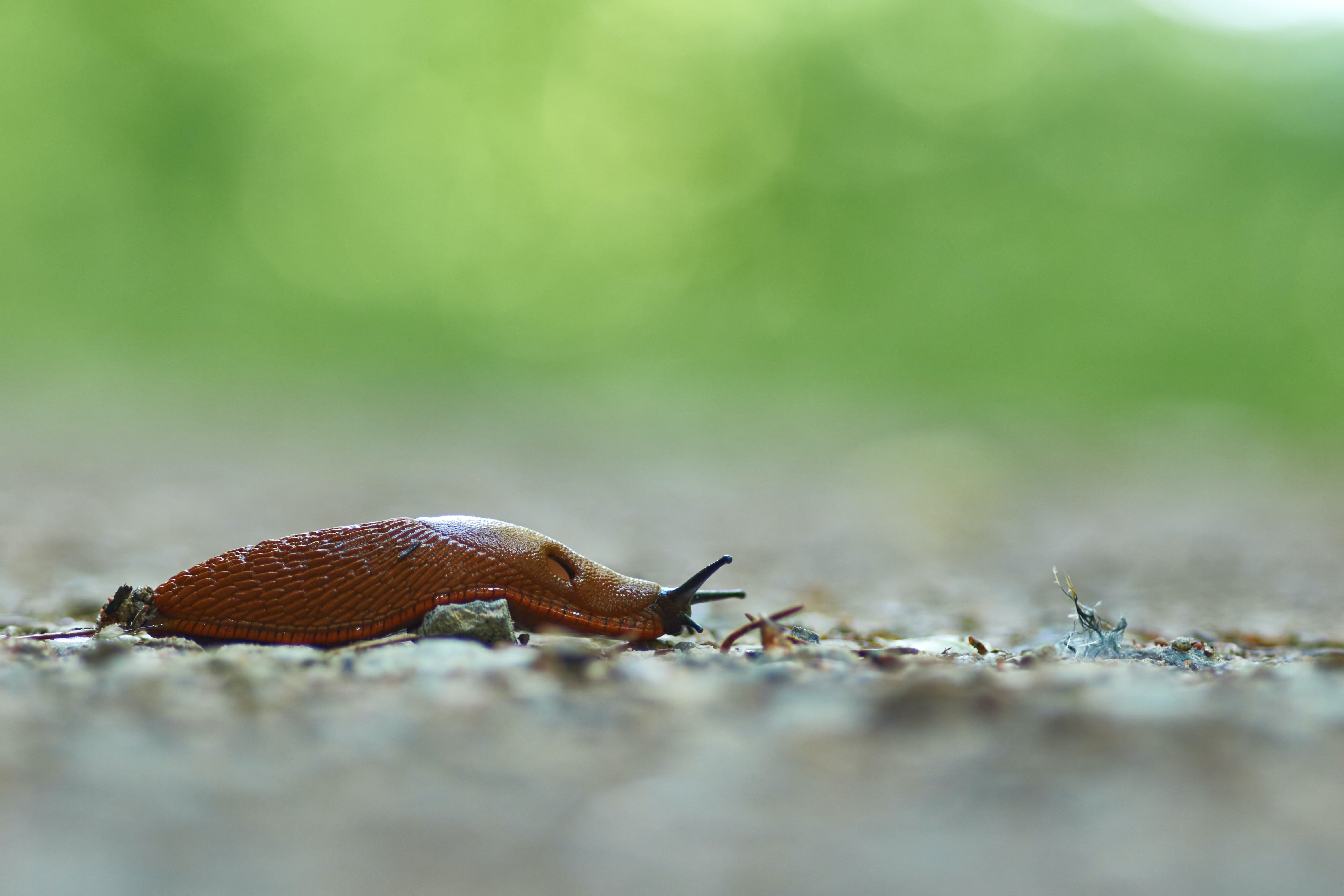
Despite the commonplace use of backyard chemicals, you do have other choices. Countless organic alternatives are safer for pets, people, and the environment.
Insecticidal soaps
Instead of organophosphates, use insecticidal soap to manage infestations of aphids, spider mites, and whiteflies. You will have to spray both the tops and undersides of leaves to eliminate your unwanted pests, and you will have to re-treat every five to seven days. This is a completely non-toxic treatment that won't hurt pets.
Neem oil spray
For scale insects and leaf-eating bugs such as beetles, spray neem oil onto affected plants. Because this is a natural product, it doesn’t last as long as a chemical pesticide, and you will have to repeat the application every seven to 10 days. Neem works when insects inject it, so it poses little threat to pollinators and no threat to pets or people.
Beer traps
Instead of slug pellets, place small cups filled with beer on the edges of your garden beds. Slugs are attracted to fermentation and will crawl in and drown in the cup. Use cautiously because beer can also be toxic to dogs, and beer with dead slugs soaking in it is even worse.
Nematodes
A type of biological pest control, these almost-invisible soil organisms control grubs, cutworms, and fleas in the lawn. They are safe for pets and people and will quietly take care of any nasty problems lurking under the turf without any side effects.
Actions to Take to Protect your Dog
Take a break
If your lawn is going to be professionally treated, keep your pup off of it for at least 48 hours. If you can’t do that, then wash your dog’s belly, legs, and paws when they come in from the recently-treated lawn. If your dog is experiencing sudden seizures, it’s time for a visit to the vet.
Avoid contamination
Before treating your yard, bring all water and food dishes and toys inside, and if you have a doghouse, cover it with a tarp or move it out of the yard.
Use organic lawn care
Consider cutting back or eliminating the use of chemicals on your lawn. Most fertilizers contain chemicals that can be harmful to pets, but there are several organic options that work just as well. Instead of employing a company that uses “weed and feed” methods, find a lawn care specialist who focuses on conditioning your soil to increase the health of your lawn.
If there's one place your dog should be able to count on being safe, it’s at home, in the yard. Next time you reach for a lawn or garden product, read the label and decide whether it's safe for your pooch. If it isn’t, find an alternative. Your dog will thank you.


